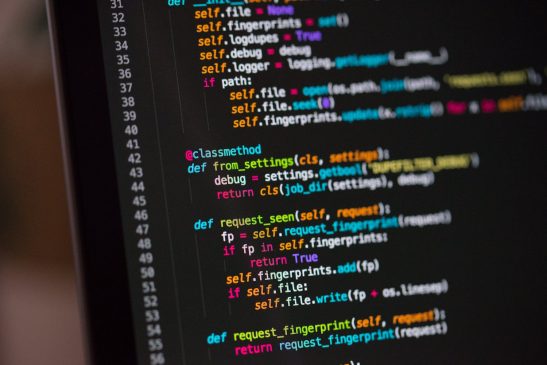Ethereum’s upcoming hard fork, Constantinople, will activate in a testing environment next month, core developers agreed on Friday.
As detailed by CoinDesk, Constantinople features various backward-incompatible changes designed to increase efficiency on the ethereum network, alter its economic policy and delay the so-called “difficulty bomb.”
Speaking in a biweekly video call, developers said the upgrade will activate around October 9 on a cross-client testnet, named Ropsten, which mimics the conditions of the ethereum network itself. However, due to the unpredictability of block confirmation times in the testing environment, an exact block number – the way most upgrades are timed within the blockchain space – for the testnet activation has yet to be finalized.
Similarly, the timing for activating Constantinople on ethereum’s mainnet, or live blockchain, has yet to be fixed either.
Speaking on the call, though, Ethereum Foundation communications officer Hudson Jameson tentatively suggested November or December for the upcoming code change.
Vitalik Buterin, ethereum’s creator, was also on the call, and noted the difficulty bomb — a piece of code designed to slow down the blockchain and necessitate system-wide upgrades — should not be perceptible for several months, meaning then, that there is little urgency to get the Constantinople upgrade out.
“It’s totally not urgent,” Buterin said, adding: “We could probably have three months of safety and likely even more.”
While the ethereum improvement proposals (EIPs) that are a part of the Constantinople upgrade have caused some debate – especially from miners who see their revenue decreasing with a pullback on the issuance of ether from three to two – overall the upgrade features minor technical changes.
As such, developers also discussed EIPs that may be included in a subsequent hard fork named Istanbul – currently planned for eight months after Constantinople executes.
For example, the ongoing dispute around whether ethereum should implement changes to its underlying proof-of-work algorithm to force ASICs — a type of mining hardware that many think causes centralization — off the network, was discussed. While no clear direction was confirmed, ethereum researcher Danny Ryan noted that work on Casper, the proposal for moving ethereum to a new consensus algorithm called proof-of-stake, is moving forward.
During the call, Ryan said:
“The bones of the spec is really solidifying.”
Code on computer image by Chris Ried on Unsplash
The leader in blockchain news, CoinDesk is a media outlet that strives for the highest journalistic standards and abides by a strict set of editorial policies. CoinDesk is an independent operating subsidiary of Digital Currency Group, which invests in cryptocurrencies and blockchain startups.




